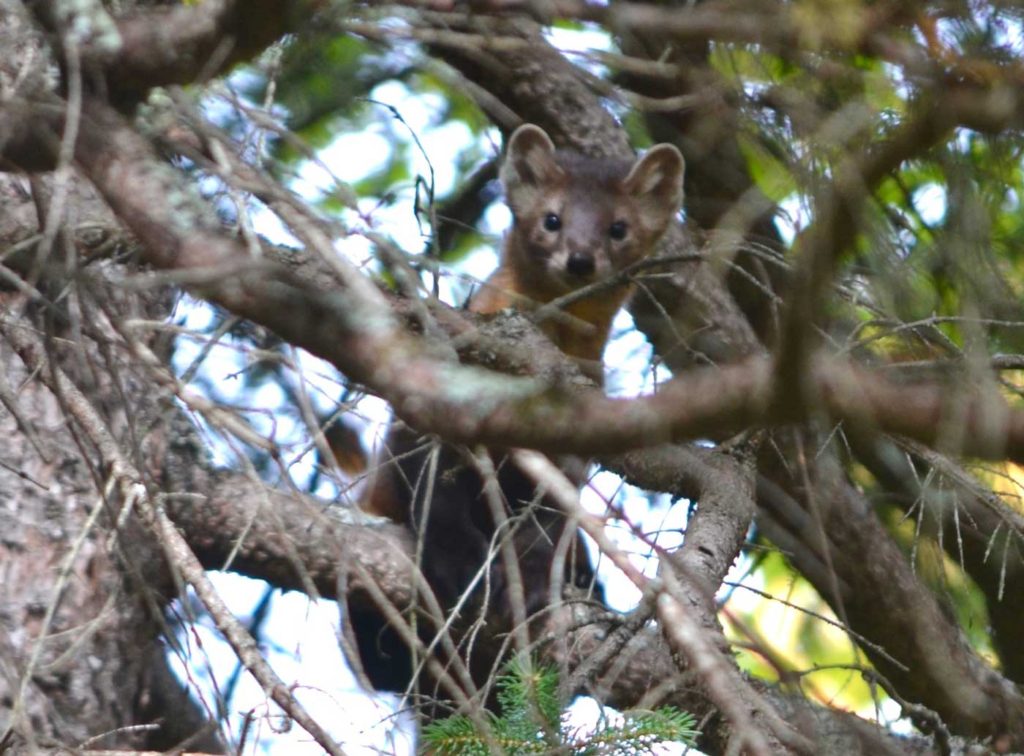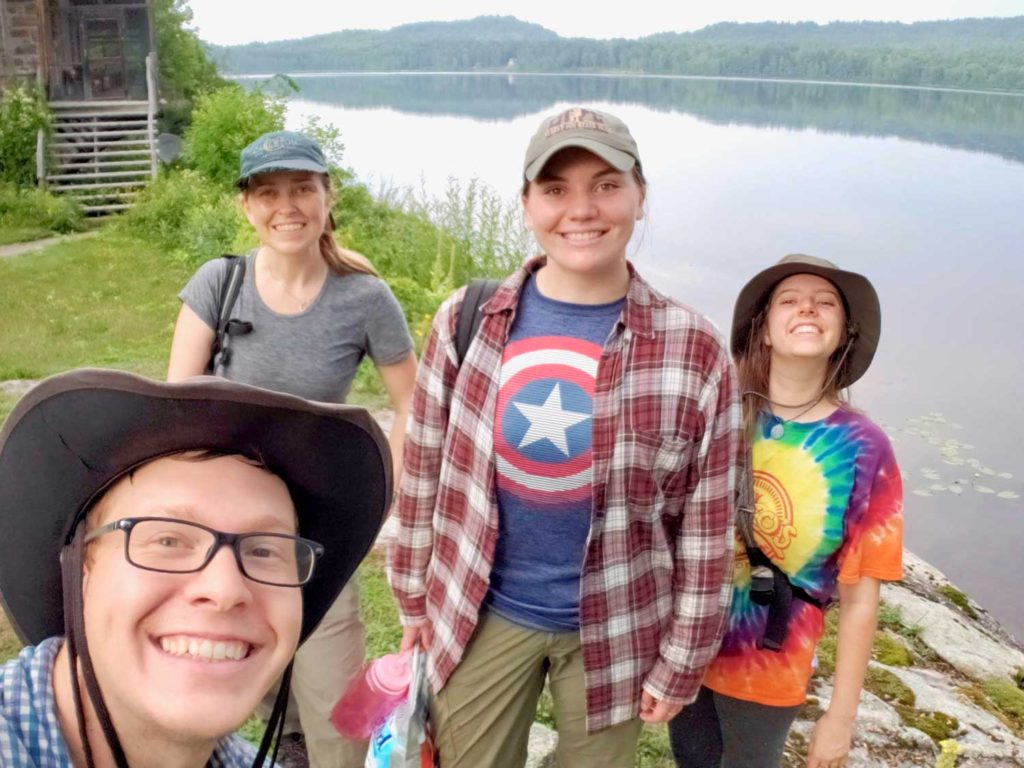
“As a population ecologist, I’m interested in a lot of different things and it’s all about the questions.”
Dr. Jalene LaMontagne is Associate Professor of Biological Sciences at DePaul University, and is an Adjunct Scientist with the Urban Wildlife Institute at the Lincoln Park Zoo. Her research is concentrated on how patterns in plant and animal populations change across landscapes and how they’re impacted by their environments.
When Dr. Jalene LaMontagne was growing up, her family moved every three to five years. “I was a military brat,” she says. For a while they lived in Cold Lake, Alberta, a very remote area in northern Canada. “Basically there was our house and community, and a park across the street and then we were surrounded by spruce forest.” Jalene and a group of friends played in a particular cluster of white spruce trees whose trunks grew close enough together that their branches provided protection from rain. That space turned into a fort, a clubhouse, and a place to reenact scenes from Star Wars.
The species of white spruce seems to have followed Jalene around—or perhaps, inadvertently, she followed it. “When I was doing my PhD research, it was the only species in the whole valley. I was in the Yukon, in northern Canada and literally, it was the only conifer species in the entire area.”
Today, Jalene alternates between her work on white spruce in remote, northern regions and urban work in the city of Chicago, where she researches how the availability of nesting sites and food influences wildlife species found in the city.
How to Find Out More
Working with graduate students and other collaborators, Jalene and her team tackle a variety of interesting questions at the LaMontagne Lab at DePaul University. If you would like to support the ongoing research in Jalene’s lab, you can make a contribution to the work that she and her students do. Go to this page to give online; and under “Other Funds” write in that you’d like to direct your gift to “Biological Sciences Department – LaMontagne Lab Research.”

Here’s the pine marten Jalene talks about in this episode. It was spotted in the Upper Peninsula of Michigan, at one of the white spruce study sites.

The summer field crew in the Huron Mountains in the Upper Peninsula: Jalene and students from DePaul University. Graduate student Evan Cowles; Jalene LaMontagne, graduate student Abby Leeper; undergraduate student Hanna Kemp.

